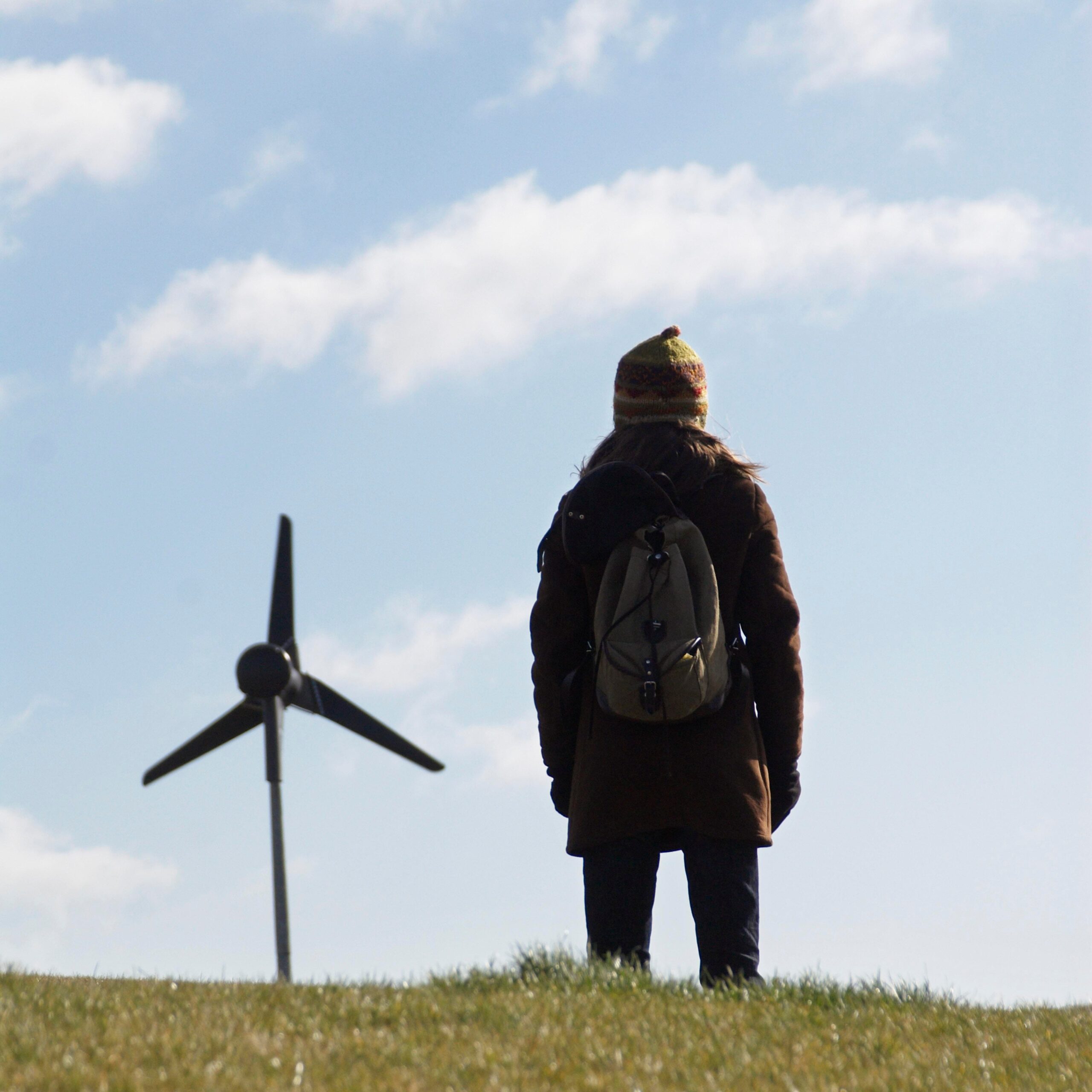This Labor Day when the world is swirling in a kaleidoscope of massive challenges, it looks like maybe a few of those challenges can be tackled at once by transitioning to be an economy that runs on renewable energy, versus primarily on fossil fuels.
The massive and unexpectedly devastating damage from Hurricane Ida this past week, even in New York City and inland New Jersey as well as in coastal Louisiana, is a stark reminder that we must mitigate and slow climate change.
To do so, we need to power the economy without adding carbon emissions, and many scientists say that also we need a “negative carbon” system, which removes the CO2 already in the atmosphere.
The good news for the economy is that, “the ongoing global energy transition offers the chance to create new jobs and reshape all aspects of how energy is produced and distributed,” according to the International Renewable Energy Agency’s (IRENA) report “Renewable Energy: A Gender Perspective” (2019), estimating that these jobs could grow to nearly 29 million in 2050.
How do President Biden’s infrastructure bills address these needs? “This is very much a jobs plan,” Anne Kelly, Vice President of Government Relations and Director, Business for Innovative Climate and Energy Policy at Ceres, a long-time sustainability-focused nonprofit, told me on my podcast Electric Ladies recently.
Biden’s infrastructure plans, Kelly asserted, address “four interwoven challenges the administration is facing. The first is the post-pandemic reality, the second is the economic downturn, the third is the climate crisis, and the fourth is inequality and racial equity and the disproportionate environmental harm and other harms that have been placed on low-income communities and communities of color.”
“The general theme is that the road to economic recovery is through climate action. And so, it is an infrastructure and a jobs plan, but there’s no question it very intentionally addresses the climate crisis in a number of ways,” she explained.
Help Wanted: Women in Renewable Energy
To drive this climate-friendly economic growth, the IRENA report states that we need more women in the renewable energy sectors – and a lot of them. Currently, women hold only 32% of renewable energy jobs, which is better than in fossil fuels where women hold only 22% of jobs. But women still hold far fewer of the science, technology, engineering and math (STEM) jobs.
We need the skills and innovative ideas that diverse talent brings, so “gender equality…is also essential to shaping positive social and economic development outcomes. Women provide valuable perspectives on key decisions, from investment priorities to project design,” the IRENA report states.
Since the renewable energy sector needs talent across its supply chain – from utilities to engineering firms, from independent power producers to start-ups, in policymaking, regulators, academic institutions and at the community level – “The renewable energy industry needs to engage and retain more women – and promote them – to fill its growing needs for skills,” the IRENA report insists.
Women’s “leadership and contributions will be crucial to ensuring that the energy systems of the future address the needs of modern societies and leave no one behind,” and therefore, it added, “Promoting gender equality and including gender considerations on all levels should be a high priority in both the public and private sectors.”
The August 2021 Jobs Report showed growth in at least one key area
While many have been framing the August 2021 jobs report as disappointing based on expectations and the prior few months of very strong job growth, one sector key to economic growth and the clean economy is transportation, and that sector added jobs this month, at least modestly. Transportation and warehousing added 53,000 jobs in August 2021, and women hold more transportation jobs than they did a year ago. Women hold 25.1% of transportation jobs as of the August 2021, according to the Bureau of Labor Statistics (BLS), versus 24.5% of them in August 2020 (and more than 25% in July 2021).
Kelly said this sector is critical to addressing climate change: “we’re going to have to go after the biggest sources of emissions. So, the (Biden infrastructure) plan really looks at transforming our transportation system, to electrifying our transportation system, to the purchase of electric vehicles, to the buildout of electric vehicle infrastructure in a major, major way, again it’s got some of those job-generating elements.”
Protecting us from losing power – and creating jobs
We know we’ll have more extreme weather events and that they will become more and more severe. Think of Hurricane Ida on steroids. That means we must get that “smart grid” we’ve all been hearing about for years.
“Grid modernization…is essential if you’re contributing to a clean energy economy, you have to upgrade the grid and make it responsive,” Kelly insisted, adding “and all of this is job-generating.”
We just need to make sure women get an equitable share of those jobs, so we don’t have a repeat of the Texas ERCOT groupthink catastrophe. Our lives and livelihoods depend upon it.
Listen to Joan’s full interview with Anne Kelly on Electric Ladies podcast here.
This article first appeared on Forbes.com.









